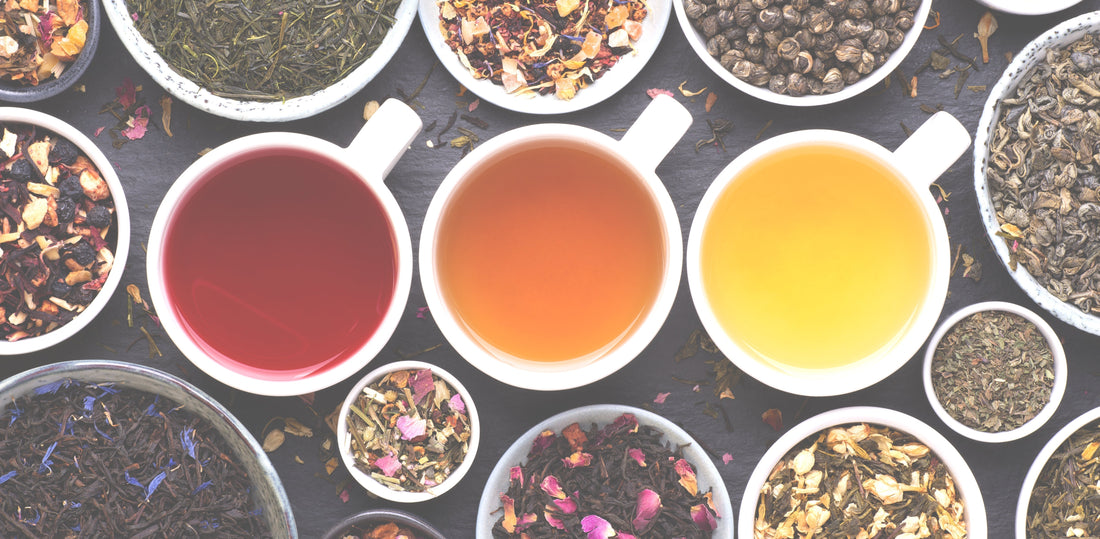
Healing Nutrition
Explore the Benefits of Calming Teas
By Mind²
In today’s fast-paced world, wrapping your hands around a warm cup of herbal tea can offer much-needed solace. I remember my own journey with calming teas started on a particularly stressful day; I found an unexpected peace in those fragrant sips. These brews are known for their soothing effects on the mind and body, making them the perfect antidote to stress-filled days. But what exactly makes a tea calming? And how can you integrate these beneficial brews into your daily routine?
What Makes A Tea Relaxing and Beneficial?
Herbal teas typically contain ingredients known for their relaxation properties. Herbs like chamomile, lavender, and valerian are common in these blends. These components help reduce anxiety and promote better sleep. Furthermore, they often contain antioxidants, which are crucial for overall health. Not only do these elements induce calm, but they also enhance body and brain function. For instance, as explained in an article on the benefits of green tea, this popular choice is high in antioxidants beneficial for both body and mind.
Popular Tea Varieties to Support Relaxation
There are various types of teas to aid relaxation, each offering unique properties. Over the years, I’ve had the pleasure of trying and sharing many of these, and here are some favorites:
- Chamomile Tea: Known for its sleep-inducing qualities, chamomile tea can help calm nerves and support better sleep by relaxing muscles and reducing irritability.
- Lavender Tea: With its gentle aroma, lavender tea is excellent for calming the senses and reducing anxiety. It’s also believed to help with digestive issues, providing a twofold benefit.
- Valerian Root Tea: Often used to alleviate insomnia, valerian root tea is reputed for enhancing GABA levels in the brain, which helps to decrease anxiety levels naturally.
- Lemon Balm Tea: This tea is praised for reducing stress and anxiety while also potentially enhancing mood and cognitive function. It’s a versatile choice for improving overall mental wellbeing.
- Passionflower Tea: Helps in treating anxiety and improving sleep quality. Research suggests it may increase GABA levels in the brain, similar to valerian root.
Integrate Relaxing Teas into Your Daily Routine
Incorporating these herbal teas into your schedule is straightforward. Start your morning by selecting a variety that suits your mood or helps you tackle the day's challenges. I personally love beginning my day with a cup of brightly aromatic lemon balm. Later, a cup of lavender or lemon balm could unwind your senses before bedtime. Transitioning from work to relaxation becomes effortless with these soothing brews. Their consumption aligns perfectly with any dietary plan—especially dairy-free or low-caffeine diets. For those undergoing significant life challenges such as chemotherapy, gentle nourishment with low-irritant herbal options can be beneficial. Learn about suitable choices in foods that aid during chemotherapy.
Integrating these teas into regular moments of your day can lead to significant health benefits. Whether you're seeking a break from a chaotic schedule or a remedy for a sleepless night, these soothing teas offer an effective solution. As someone who has personally benefited from their calming embrace, I encourage you to explore and enjoy these gentle allies. Understanding the tranquility a simple cup can bring, you might find yourself prioritizing a calming tea routine.



